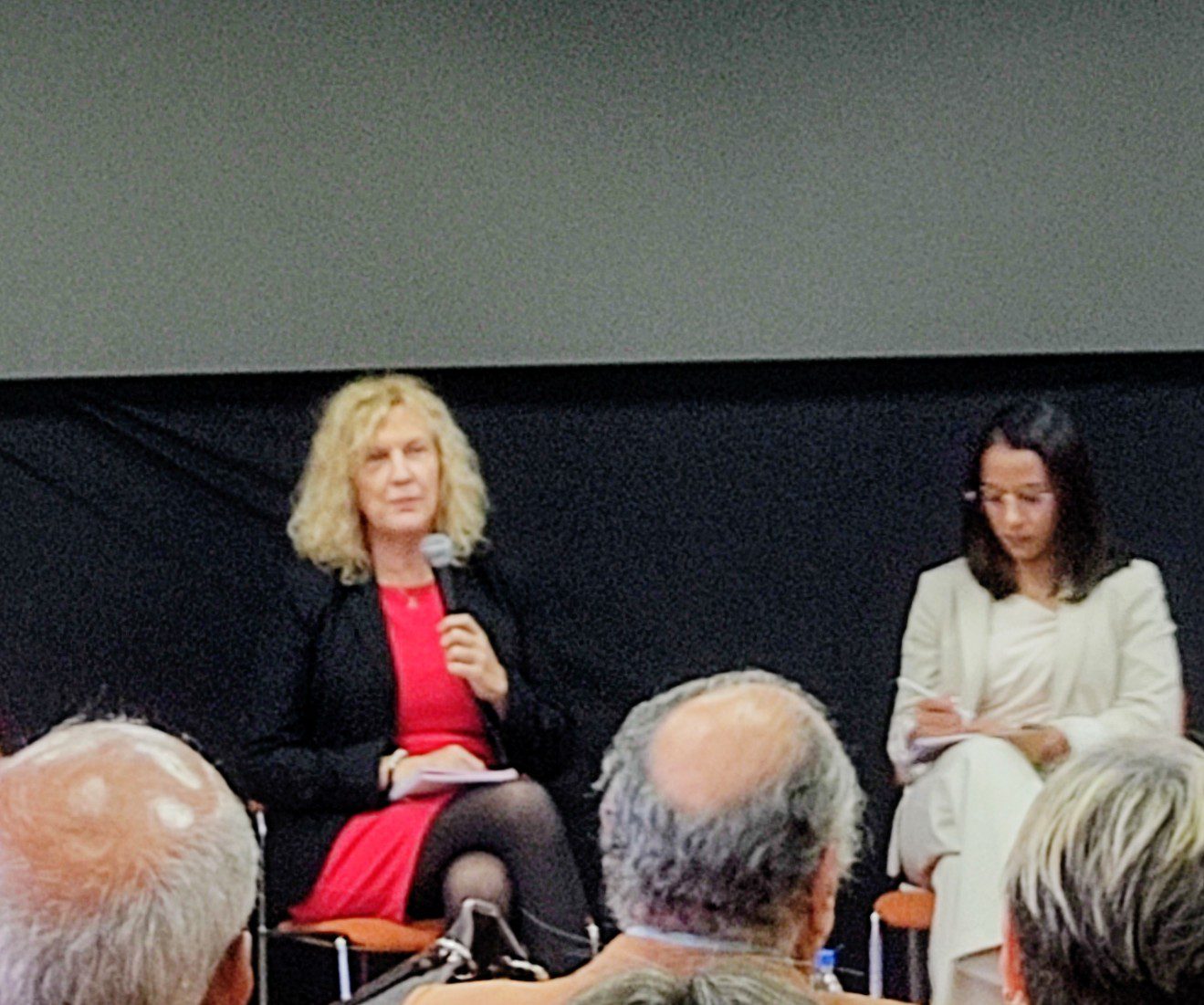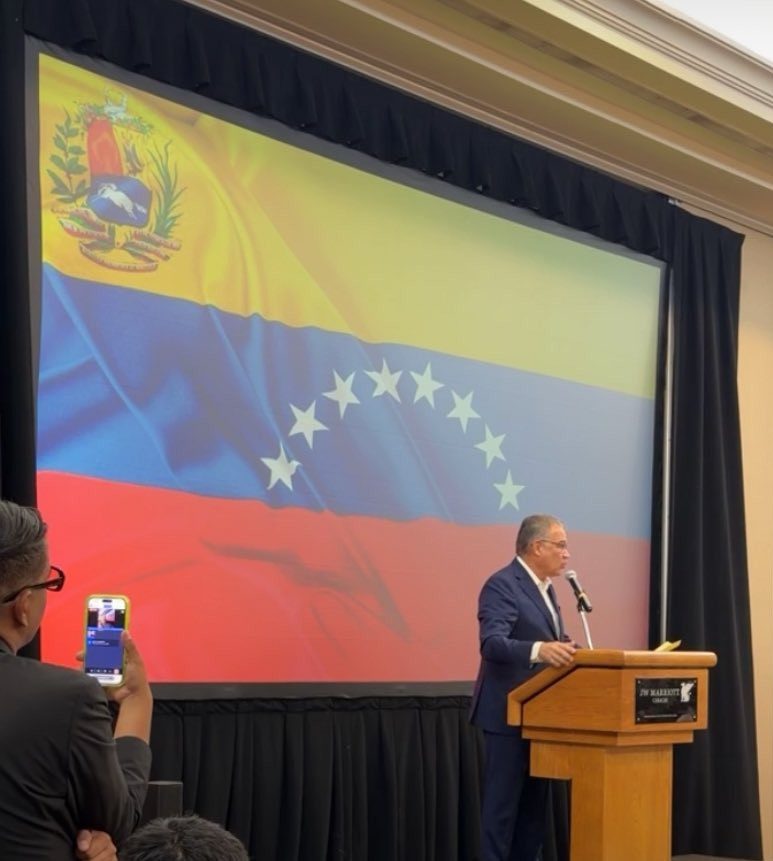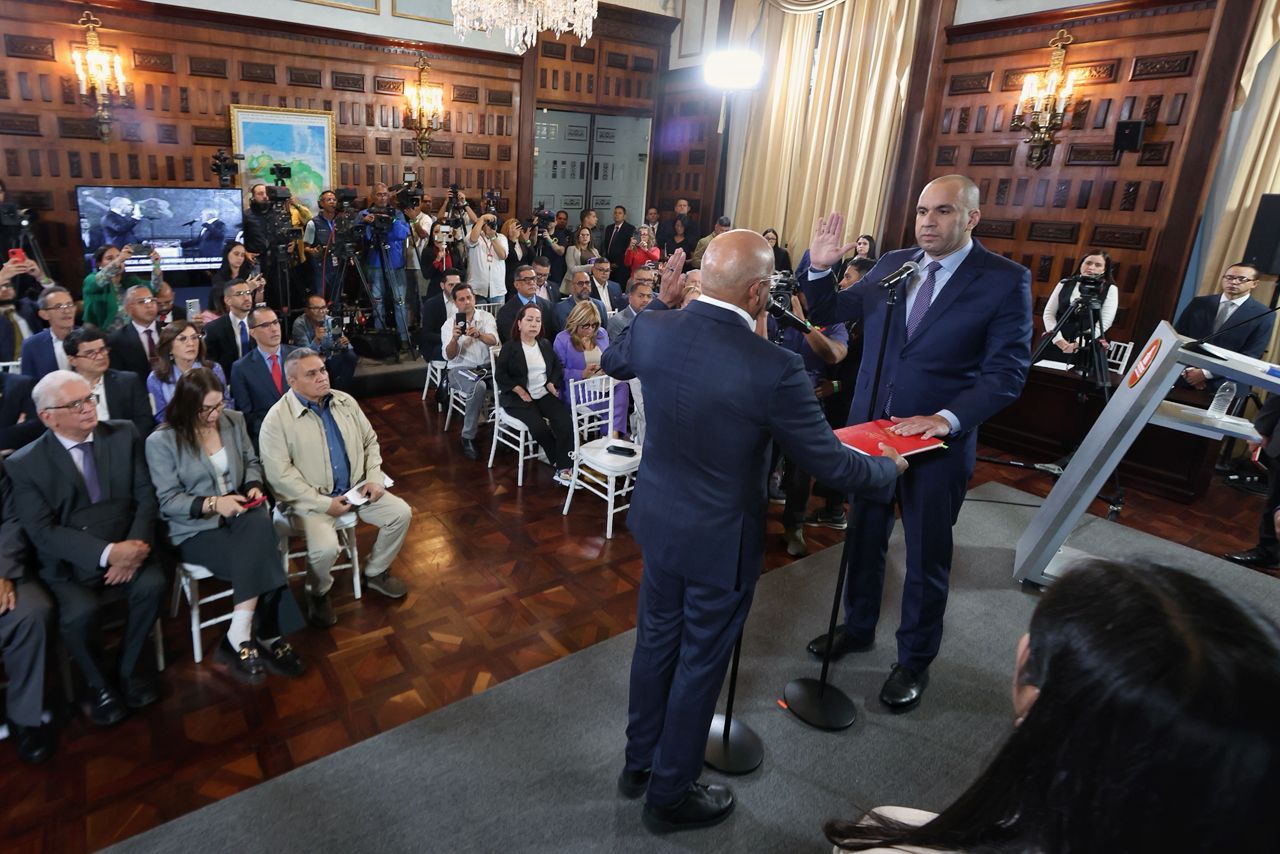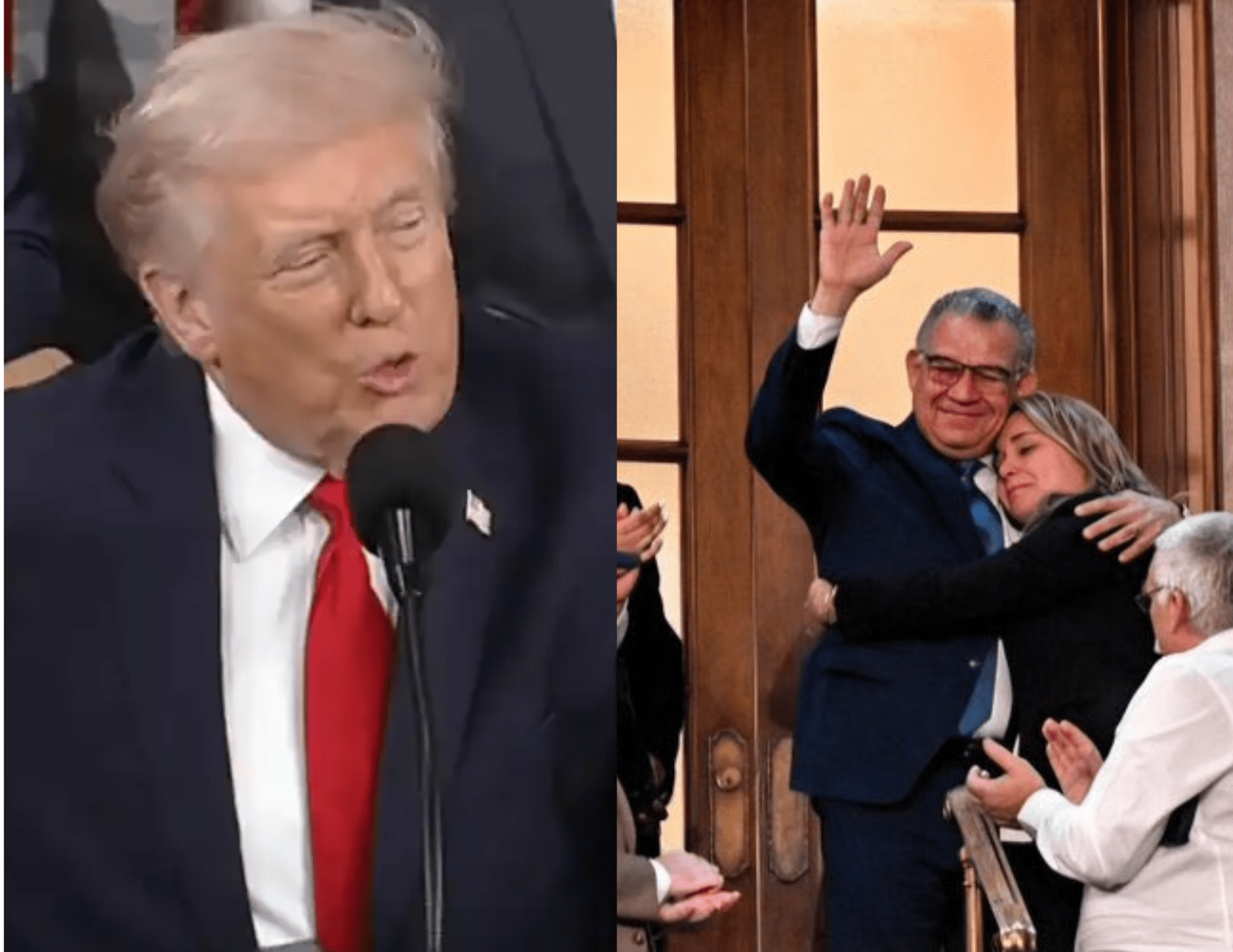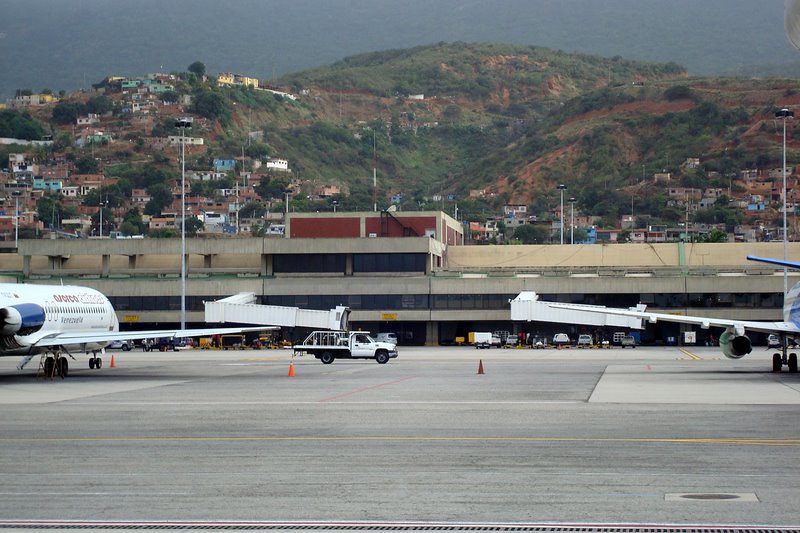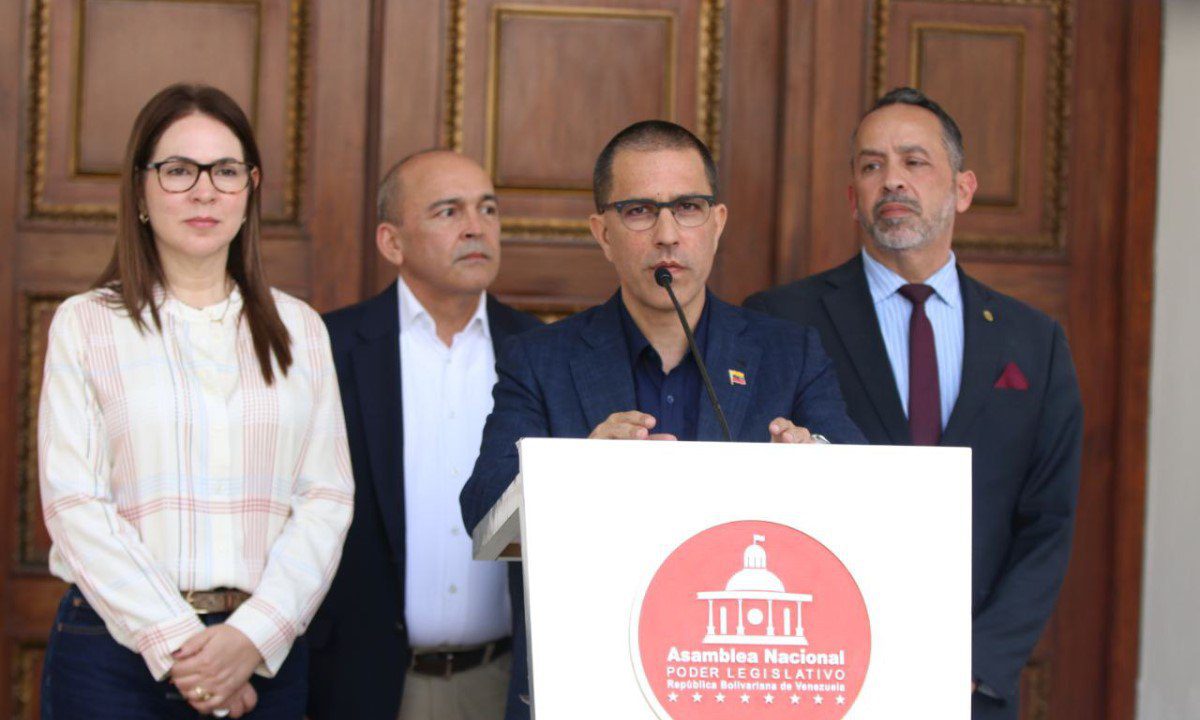The polling firm Datincorp asked Venezuelan citizens about sanctions, their willingness to emigrate, and their voting intentions for the May 25 elections, among other topics.
Guacamaya, April 13, 2025. A recent study by Datincorp, based on a survey of 1,200 people across the country, reveals that 88.3% of Venezuelans believe international economic sanctions affect the entire population. Additionally, ahead of the parliamentary and gubernatorial elections on May 25, only 37.6% of respondents said they would definitely vote.
The survey sheds light on Venezuelans’ perceptions and concerns regarding their economic, political, and social reality. The results reflect a complex landscape: a population worried about the future, with a clear sense of discontent and hopelessness.
Sanctions Seen as Nationwide Burden
88.3% of respondents believe international sanctions impact the entire country, not just the government. Furthermore, 48.5% do not think these measures will lead to political change in the short term, though 39.3% believe they might. While these results show the population’s ambivalence toward sanctions, they also highlight the perceived daily impact of these measures.
Sanctions have worsened the economic crisis by severely affecting oil production and national income. The results underscore this reality but also emphasize their limited effectiveness in driving short-term political change, at least for nearly half the population.
Low Electoral Participation Expected
Regarding the May 25 parliamentary and gubernatorial elections, only 37.6% say they will definitely vote, while 26.5% rule out participation. Moreover, if opposition groups decide to abstain, 63.8% believe this would mean a victory for the government—consistent with the historical trend of abstentions benefiting the ruling party.
These figures reveal disillusionment with the electoral system and a perception of a lack of transparency in democratic processes. The survey results not only diagnose Venezuelans’ concerns and perspectives but also pose significant challenges for political and social actors.
WhatsApp Leads Social Media Communication
In terms of media, Venezuela operates in a context of limited connectivity and restricted traditional media. Given this reality, WhatsApp has emerged as the most widely used social network, with 41.1% preference. Its intensive use may also be linked to mass migration, as it facilitates communication with family and friends abroad.
Instagram (17.7%), Facebook (16.3%), and TikTok (13.9%) follow. These platforms are particularly fast and efficient in an uncertain environment marked by censorship and misinformation. The trend reflects how Venezuelans have adapted their use of digital platforms to meet their communication needs.
Pessimism Dominates Future Expectations
Regarding expectations for the next six months, 43.4% believe Venezuela will be “worse than today,” while only 25.3% remain optimistic. This aligns with the grim economic outlook described by experts, including declining oil production and rising inflation.
This sentiment may also reflect distrust in the political and economic leadership’s ability to address national problems. The stagnation of structural reforms and the prolonged crisis seem to have fostered a sense of hopelessness among broad sectors of the population.
Inflation and Healthcare Crisis as Top Concerns
Among the issues citizens would prioritize if in power, inflation and the cost of living lead at 34.4%, followed by healthcare (20.1%). These results reflect daily struggles, such as the collapse of the health system and the erosion of purchasing power due to rising inflation.
Both issues highlight severe deficiencies directly affecting people’s well-being. These priorities underscore the urgent need for effective and sustainable public policies.
An Expanding Diaspora Seeking Solutions
82.4% of respondents plan to continue living in Venezuela, but a significant 13.3% intend to emigrate. Additionally, 46.9% believe both the political and economic crises must be resolved for Venezuelans abroad to return. However, when asked to choose between the two, 68.3% prioritize solving the economic crisis.
This underscores the complexity of migration and the need for comprehensive solutions. While economics is fundamental, partial solutions will not be enough to reverse mass migration, which remains one of the country’s biggest challenges in terms of social and productive reconstruction.
Betting on Business Resilience Amid Crisis
A majority (57%) advise entrepreneurs to increase production in Venezuela despite the political crisis, suggesting a desire to overcome obstacles and sustain local economic activity. Meanwhile, 33.9% recommend “continuing to work in Venezuela, even at reduced capacity,” reflecting a more cautious but still locally committed stance.
Only 5.1% think business owners should “sell their assets and leave the country,” indicating that despite difficulties, most Venezuelans see opportunities for those who remain active in the national market. These figures demonstrate resilience and a commitment to staying and growing within the country, even in an adverse environment.
A Divided Society Seeking Solutions
The Datincorp survey reveals a Venezuelan society deeply divided and concerned about its future, with a strong desire to overcome economic and political crises. Resolving the economic crisis, restoring trust in institutions, and fostering civic participation are urgent tasks to build a more promising future.


